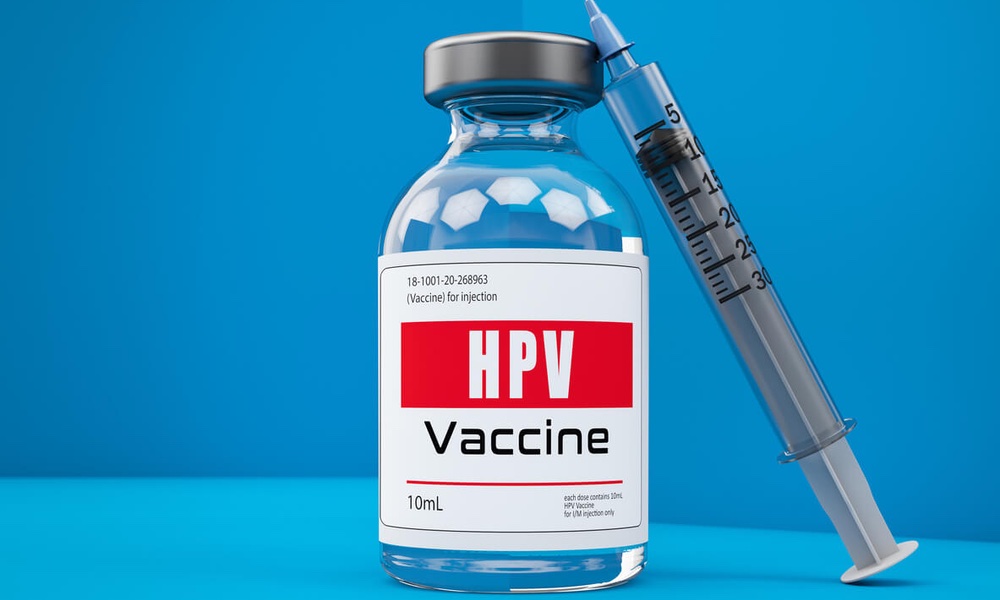Cancer treatments often make patients sick because they attack normal cells in the body as well as cancerous cells. Now, a new genetically engineered virus under development hopes to zero in on cancerous cells in the lung and colon, while leaving healthy cells intact.
"Engineered viruses kill cancer cells through a mechanism that is completely different from that of chemotherapy or radiation," said Dr. William Wold of the Saint Louis University School of Medicine. "[They] have the potential to treat many cancers that are resistant to currently available therapeutics. It also may also be possible to use these viruses in combination with other therapies to create novel treatment regimens."
A large number of such [viral] agents are in development and some have even advanced to the level of clinical trials.
Dr. Wold and his team have spent years looking for ways to convert the relatively benign adenovirus, a member of the family of viruses that cause the common cold, into an anticancer drug. They have since developed several new "adenovirus cancer gene therapy vectors," that genetically alter the virus so that it will attack cancer cells.
Asked for his take on the news, The Doctor's hematology and oncology expert, Dr. Robert G. Lerner, Professor and Vice Chairman, Department of Medicine and Professor of Pathology at New York Medical College and Chief of Hematology at Westchester County Medical Center, said, "This report is very encouraging. Dr. Wold and his group have been productive researchers in this area. A large number of such agents are in development and some have even advanced to the level of clinical trials. The idea of a virus that will target a cancer and not infect normal body parts is obviously very appealing."
"Unfortunately," Dr. Lerner added, "the treatment-related death of a patient following adenovirus administration back in 2002 highlighted the risks and slowed clinical trials. Other clinical trials have revealed damage to the heart and liver, although it does now appear that these agents can be used with an acceptable level of side effects. This is clearly an area to watch for future developments."
A U.S. patent (No. 6,627,190) for this technology was awarded last year to Dr. Wold and his team of researchers. Introgen Therapeutics, Inc. and VirRx, a biotechnology company founded by Wold and with a primary interest in cancer gene therapy, are collaborating on new therapies for cancer and other diseases. Dr. Wold published his findings in the May, 2004 issue of Cancer Research.




